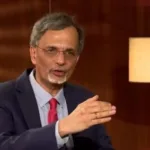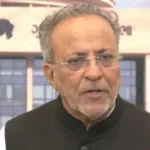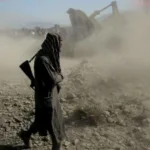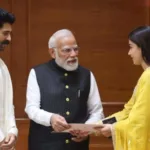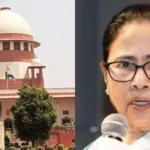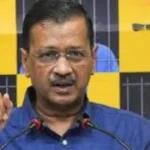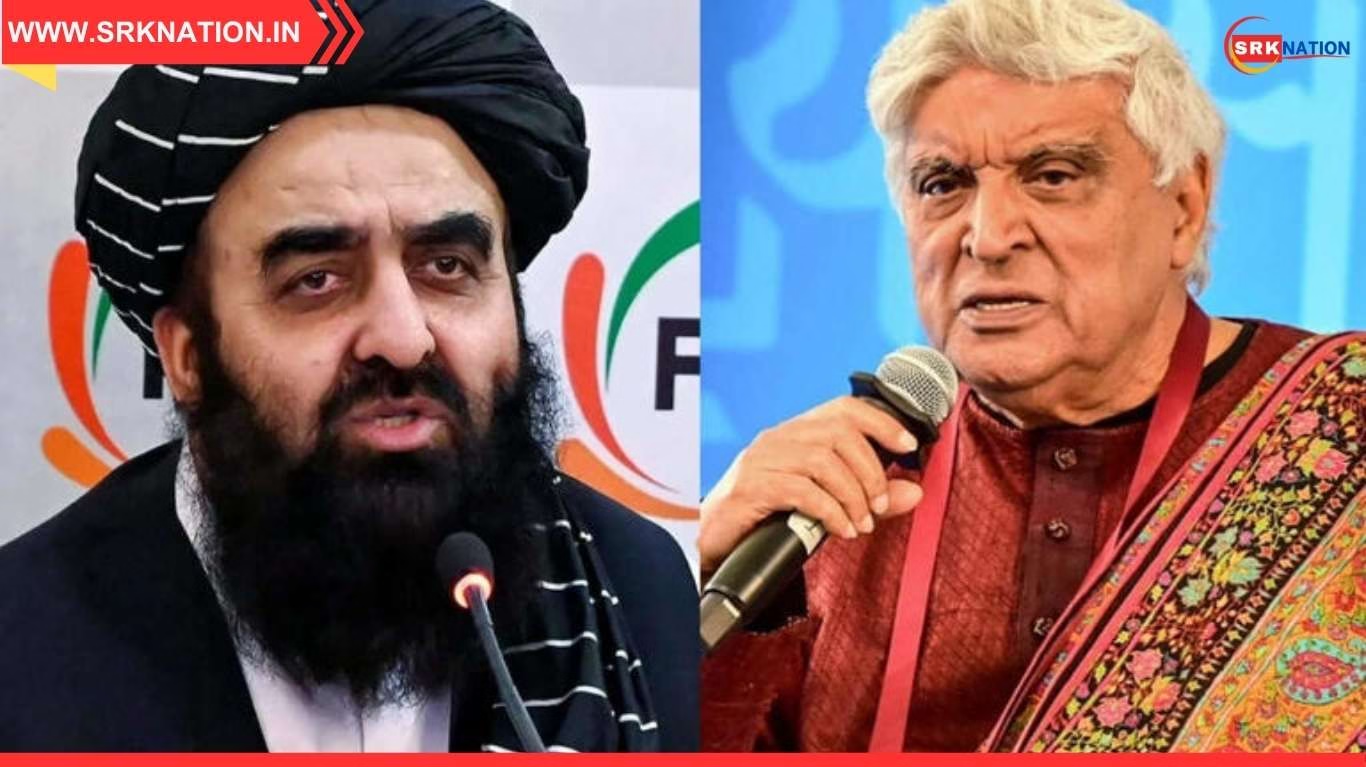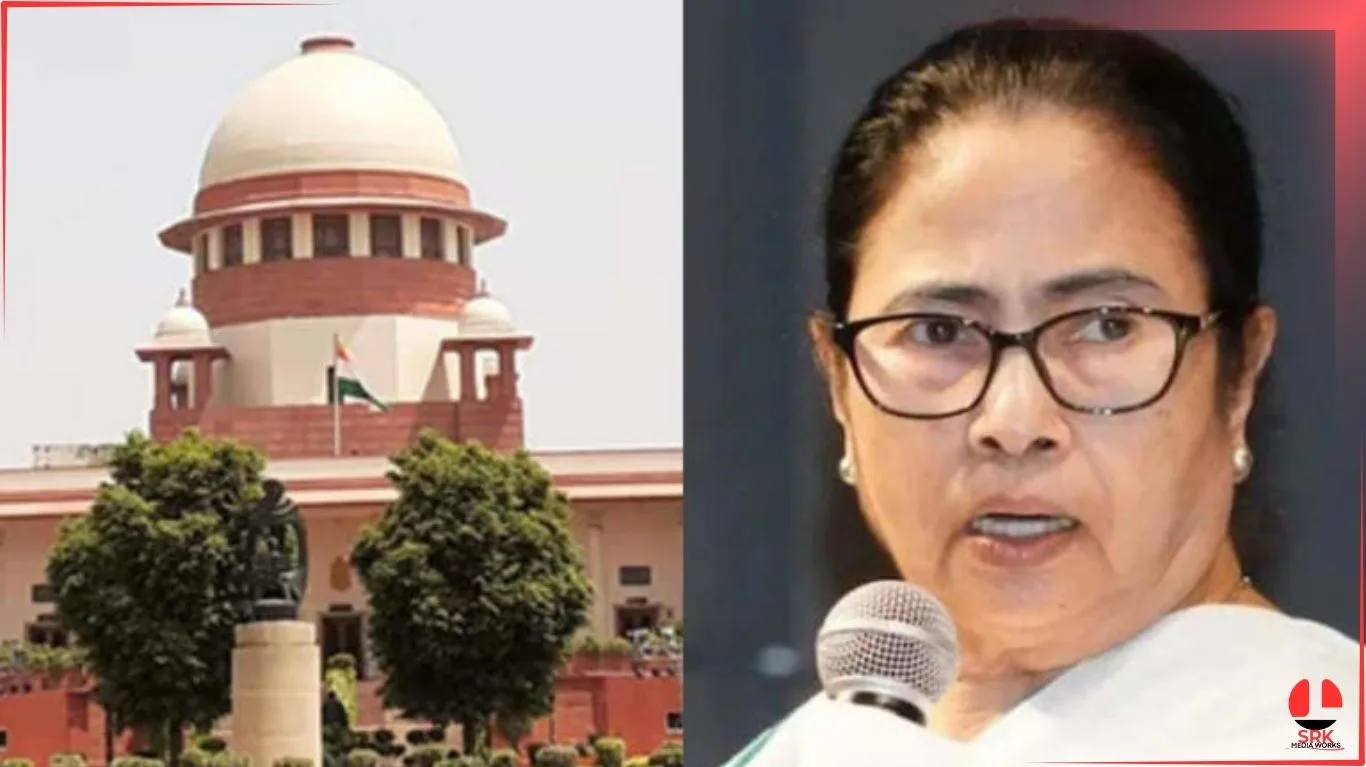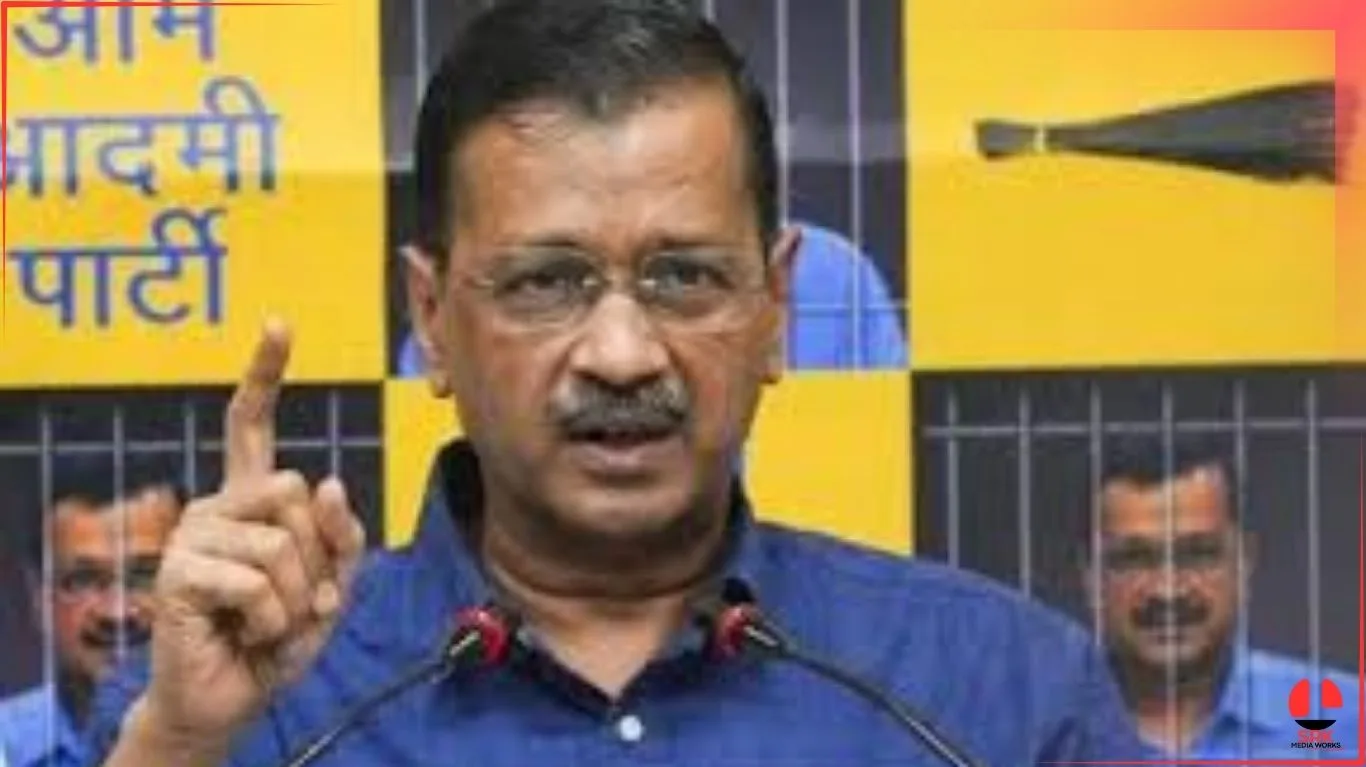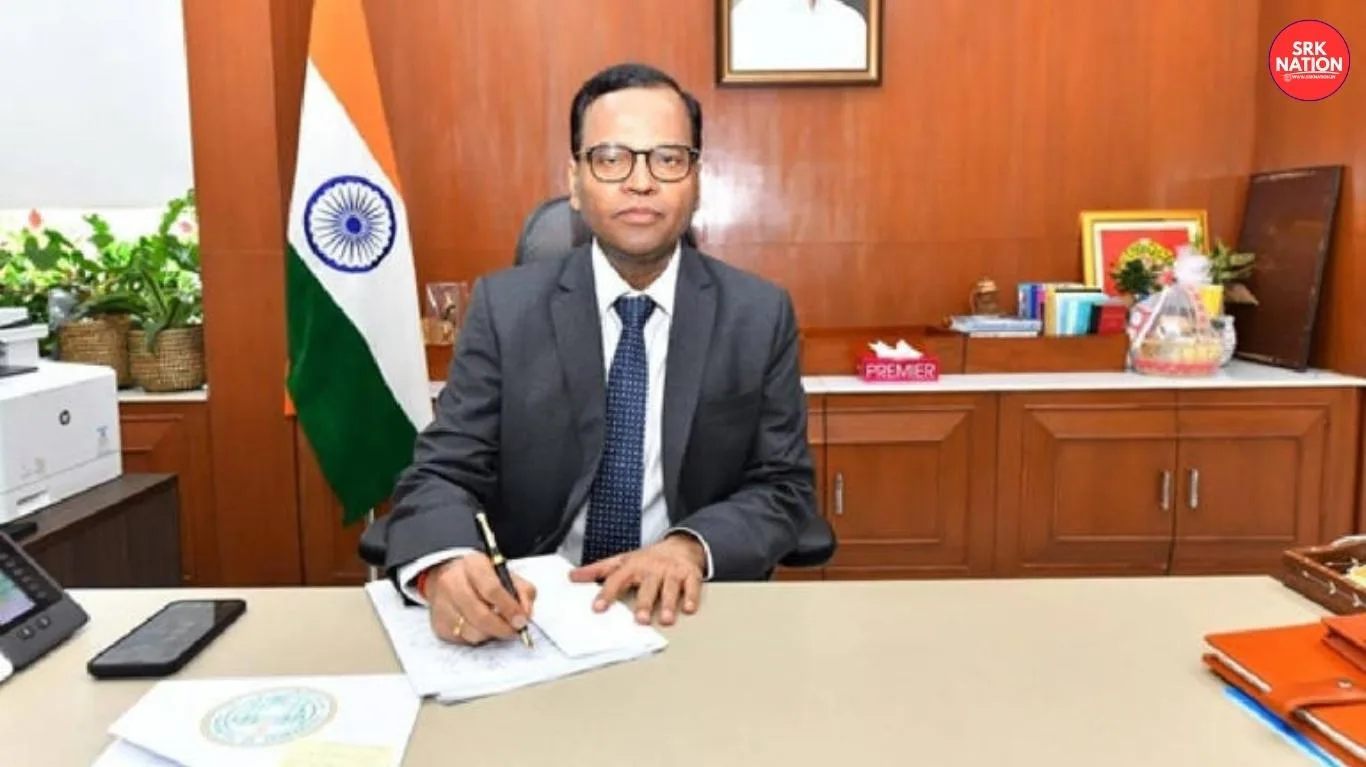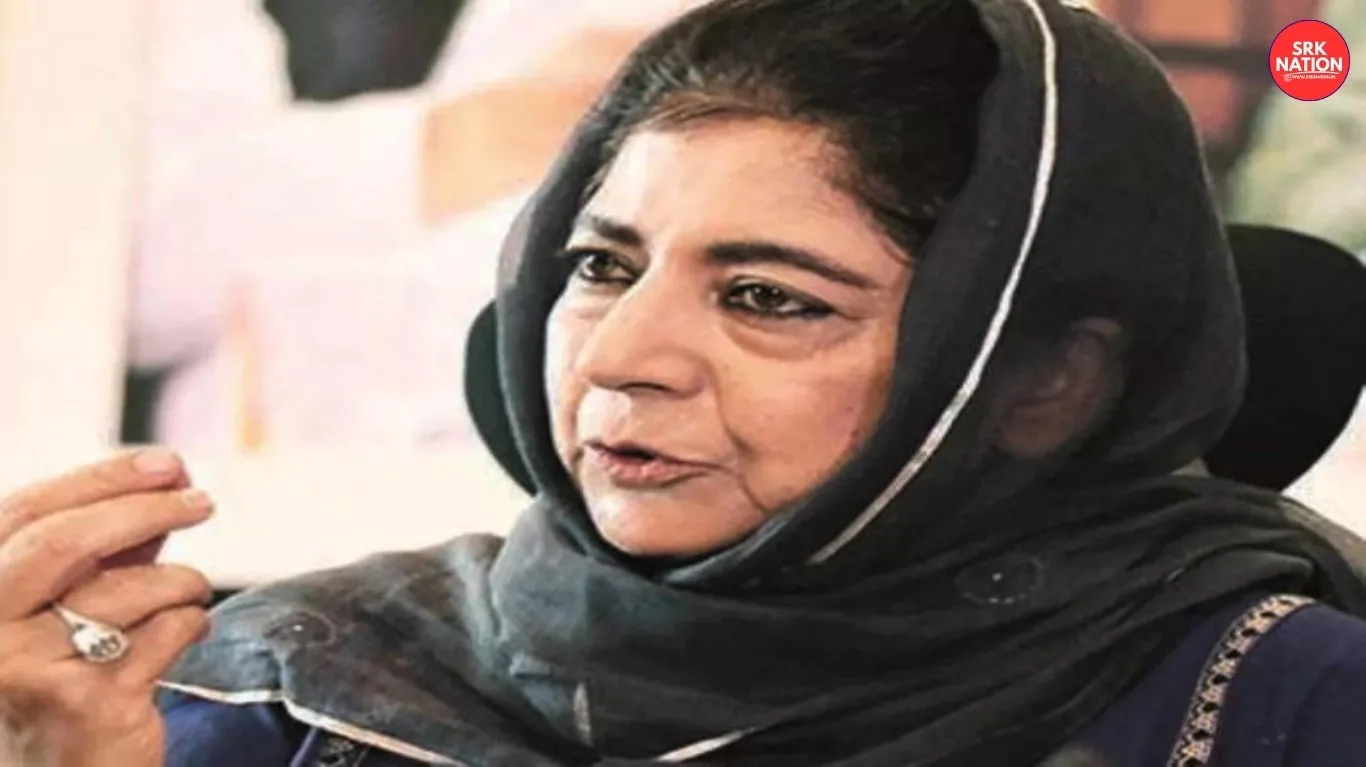Renowned poet, lyricist, and screenwriter Javed Akhtar has publicly condemned the warm reception accorded to Taliban Foreign Minister Amir Khan Muttaqi during his recent visit to India, calling it a moment of “national shame.” In a strongly worded post on X (formerly Twitter) on October 13, 2025, Akhtar expressed dismay over the respect shown to a representative of a regime known for banning girls’ education, suppressing women’s rights, and harboring extremist ideologies. His remarks have sparked a nationwide debate on diplomatic ethics, cultural values, and India’s foreign policy posture.
Akhtar’s criticism was particularly directed at the Darul Uloom Deoband, the Islamic seminary in Saharanpur, which hosted Muttaqi during his visit. “I hang my head in shame,” Akhtar wrote, referring to the “grand welcome” given to a leader of what he termed “the world’s worst terrorist group.” He also took issue with the exclusion of women journalists from the Taliban minister’s press conference, calling it a violation of democratic norms.
🧠 Key Highlights of Javed Akhtar’s Critique
| Element | Details |
|---|---|
| Public Figure | Javed Akhtar |
| Date of Statement | October 13, 2025 |
| Platform | X (formerly Twitter) |
| Target of Criticism | Taliban FM Amir Khan Muttaqi, Darul Uloom Deoband |
| Core Issues Raised | Women’s rights, terrorism, diplomatic ethics |
| Viral Quote | “I hang my head in shame” |
Akhtar’s comments have reignited public discourse on India’s engagement with controversial regimes and the role of cultural institutions in shaping national image.
📊 Timeline of Taliban Minister’s Visit to India
| Date | Event Description |
|---|---|
| October 10 | Amir Khan Muttaqi arrives in New Delhi |
| October 11 | Meets Indian officials for bilateral talks |
| October 12 | Visits Darul Uloom Deoband, receives warm welcome |
| October 13 | Javed Akhtar posts critique on social media |
| October 14 | National debate intensifies |
The visit was part of a broader diplomatic outreach by the Taliban government, seeking recognition and economic cooperation from regional powers.
🗣️ Reactions from Political and Civil Circles
- Women’s Rights Activists: “Akhtar’s voice reflects the conscience of the nation.”
- Opposition Leaders: “India must clarify its stance on Taliban engagement.”
- Darul Uloom Deoband: No official response yet to Akhtar’s remarks.
| Stakeholder Group | Reaction Summary |
|---|---|
| Civil Society | Applauded Akhtar’s principled stand |
| Media Commentators | Called for transparency in foreign policy |
| Cultural Institutions | Urged to uphold inclusive values |
| Youth Voices | Trending hashtags: #ShameOnReception #AkhtarSpeaksTruth |
The controversy has also led to renewed scrutiny of India’s diplomatic balancing act in South Asia.
🧾 Taliban’s Track Record on Human Rights
| Issue | Status Under Taliban Rule |
|---|---|
| Girls’ Education | Banned beyond grade six |
| Women’s Employment | Severely restricted |
| Press Freedom | Journalists detained, censored |
| Minority Rights | Targeted violence reported |
| International Recognition | Not officially recognized by UN |
Akhtar’s critique aligns with global concerns over the Taliban’s governance model and its impact on civil liberties.
🧭 What to Watch in the Aftermath
- Government Clarification: MEA may issue a statement on the nature of the visit
- Cultural Backlash: Artists and writers expected to join Akhtar’s call
- Policy Review: Parliamentary debate likely on India-Taliban engagement
- Public Mobilization: Protests and petitions emerging across campuses
Akhtar’s intervention has once again highlighted the power of cultural voices in shaping national conscience and foreign policy discourse.
Disclaimer
This news content is based on verified public statements, diplomatic developments, and media coverage as of October 14, 2025. It is intended for editorial use and public awareness. The information does not constitute political endorsement, foreign policy advice, or legal opinion and adheres to ethical journalism standards.

